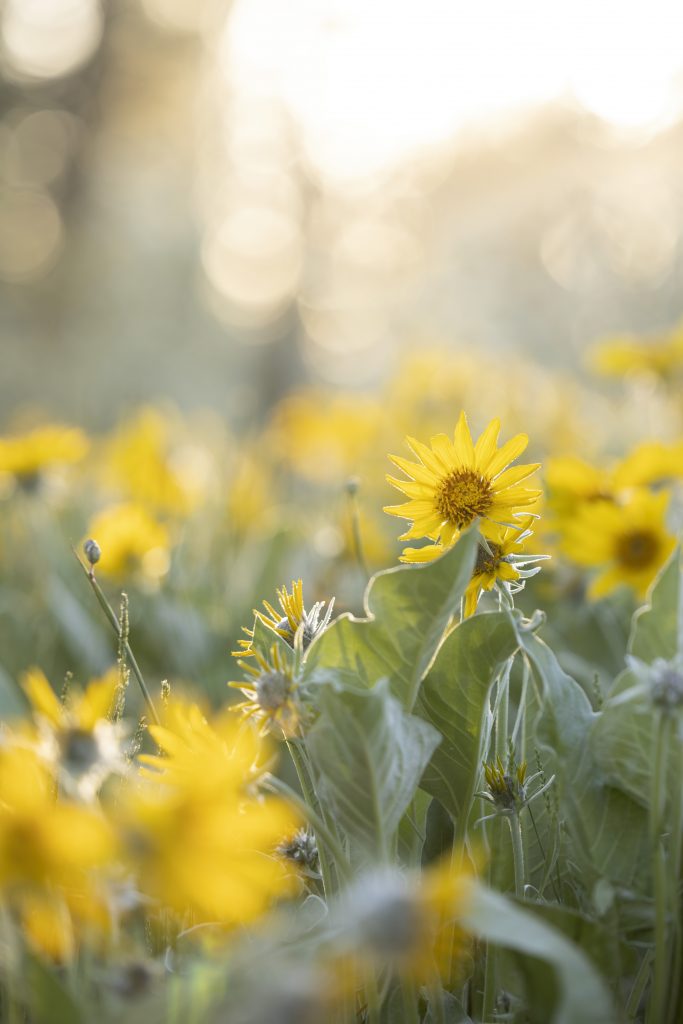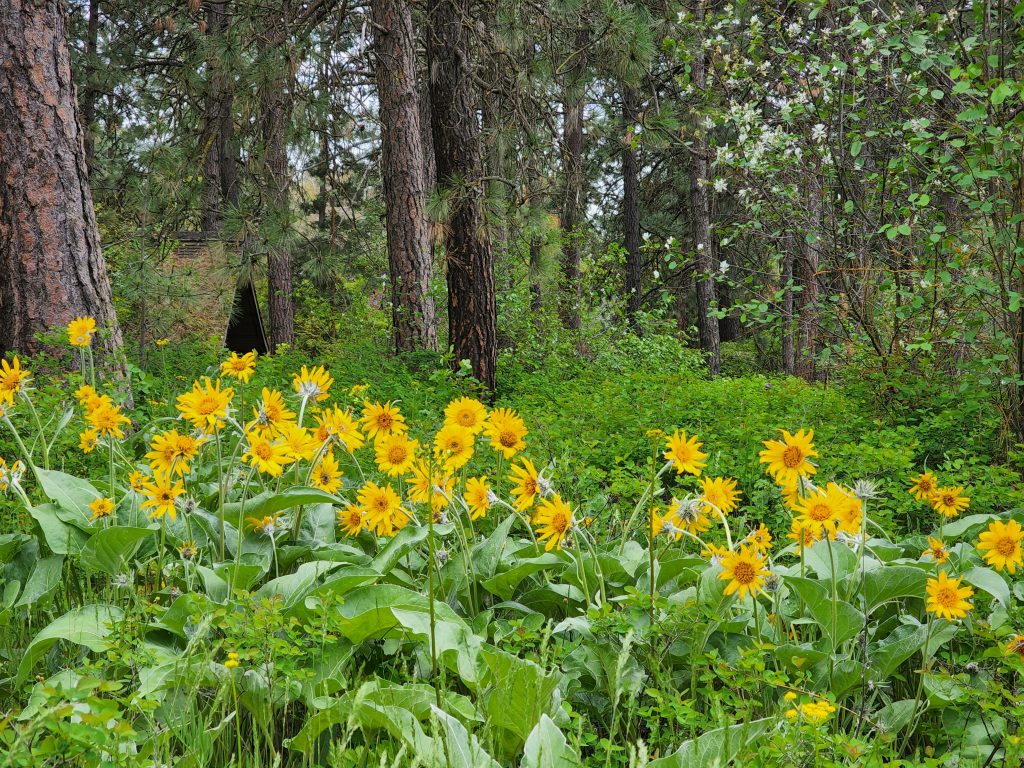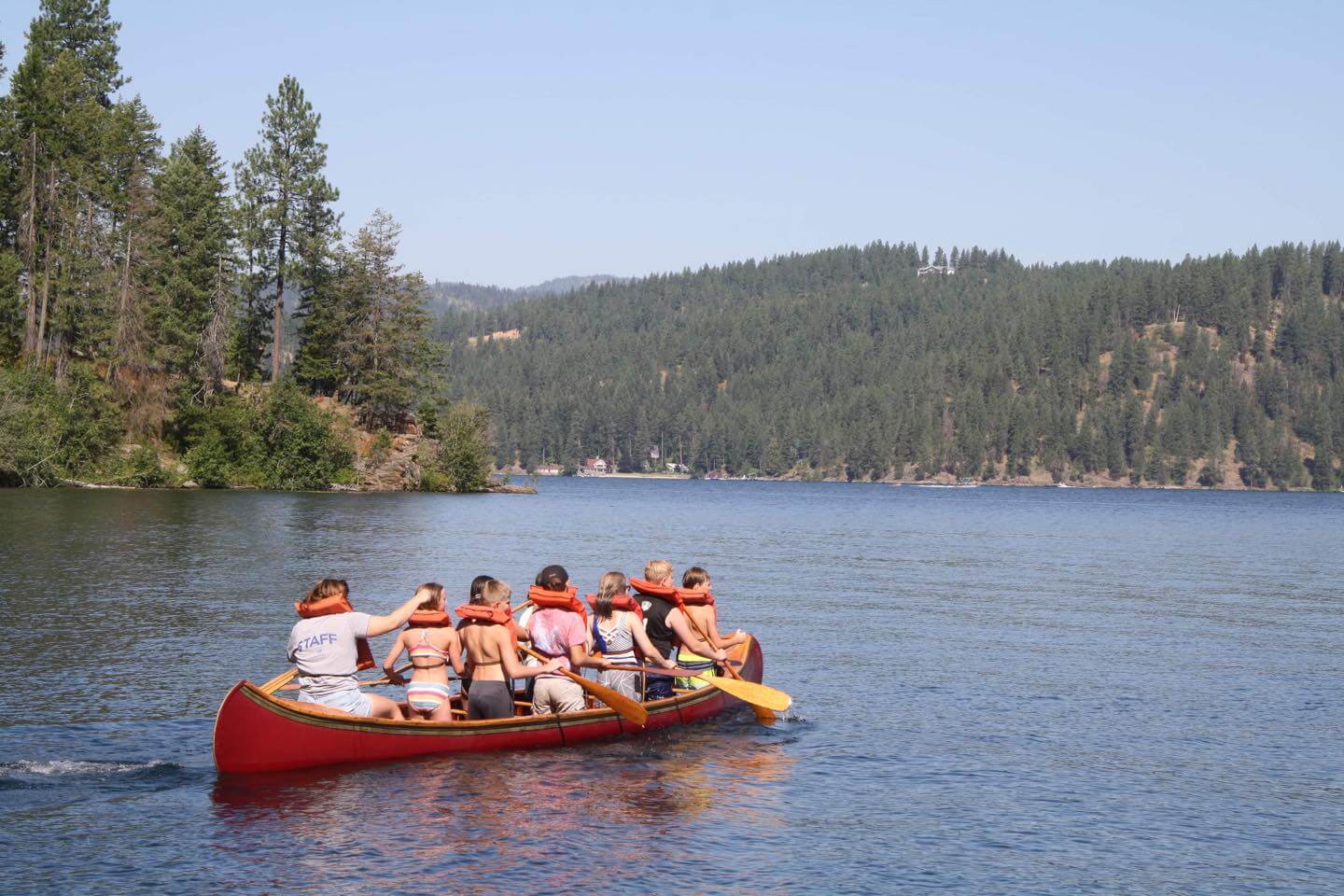Forest Bathing in the Northwest – Shinrin-Yoku
by Molly Lindquist
Sometimes it’s the simple things that contribute greatly to our mental and physical health. When we think of the term “self-care” oftentimes images of bubble baths, wine or massages come to the front of our minds. But what if there was something free and easily accessible to you right now? What if it was as simple as a walk in the park? The idea that getting outdoors is good for us is pretty pervasive in our culture, yet many people simply don’t incorporate it into their day to day. Perhaps we think of expensive road trips to scenic national parks or grueling uphill climbs to make it to the view to end all views. But what if you could reduce stress, increase immunity, lower blood pressure and ease depression by simply walking in nature?

The term Shinrin-Yoku or forest bathing was coined by the Japanese Ministry of Agriculture, Forestry and Fisheries in 1982. It was an official recognition of something rather intuitive and ancient. In fact, Buddhist and Shinto beliefs have emphasized a need for this for thousands of years. Nowhere is the interconnectivity of beings more apparent than in nature. One can observe how light, water and earth nurture the trees and without these elements, the trees would cease to exist. For most of our history as humans here on earth, we’ve spent time in nature. It’s a recent phenomenon that humans have separated from nature and are spending increasing time indoors and in urban environments. This is largely thanks to the industrial revolution. Currently, 52% of humans live within a city’s limits and that number is expected to increase as time goes on.
So when you pair this fact with the immense amount of screen time modern humans are subject to – whether through work or otherwise – you might see how divided we are from nature through the structure of modern society. You might start to appreciate the need for making time to do something as simple as sitting quietly in nature. “Thousands of tired, nerve-shaken, over-civilized people are beginning to find out that going to the mountains is going home; that wilderness is a necessity; and that mountain parks and reservations are useful not only as fountains of timber and irrigating rivers, but as fountains of life.” ~ John Muir, 1901.

While going to the mountains is absolutely ideal, I believe we can obtain many of the same benefits by utilizing our city or regional parks. The goal of Shinrin-Yoku is to mindfully meander through nature, to utilize our 5 senses to fully engage with our environment. Start by noticing the visual details of your environment; what is the light looking like among the tree leaves? Are there birds in the canopy and if so, what are they doing? Can you hear the birdsong or the sound of the wind rushing through the trees? If it’s a warm day can you smell the pine needles? What does the texture of the tree bark feel like? What does the path beneath your feet feel like? Admittedly the 5th sense of taste is tricky but in late summer you might find blackberries or huckleberries to pick from the vine. Or bring along a snack from the grocery store. Be sure to turn off your phone during this time so that you aren’t distracted.
The more time that you can spend outdoors the greater the benefits that you will receive from this practice, but if you’re quite busy don’t let that stop you. A minimum of 20 minutes a day will reap benefits, which could be as simple as taking your work lunch in a park or on a bench beneath a tree. In Spokane, Washington roughly 80% of our population lives within walking distance to a park. We are fortunate that early on, our city planners recognized that access to greenspaces is important for mental and physical health. The Northwest region has ample opportunity to get out into nature, whether it’s through our state, regional, city or national parks.

Many of us know that it feels good to be in nature but studies have proven without a doubt that there are enormous benefits to this free activity. A 2010 study from 24 forests in Japan determined that “Forest environments promote lower concentrations of cortisol, lower pulse rate, lower blood pressure, greater parasympathetic nerve activity, and lower sympathetic nerve activity than do city environments.” Park BJ, Tsunetsugu Y, Kasetani T, Kagawa T, Miyazaki Y. – 2010. A running theory is that phytoncides – aromatic compounds of plants – increase natural killer cells and therefore boost immunity, fight infection and decrease inflammation. So really focusing on deep breathing while Forest Bathing could help you to avoid many diseases and ailments.

So what about winter in areas that freeze? When most of the plant life is dormant and blanketed by snow, there are some options to get similar benefits indoors. Diffusing cedar essential oil is a great way to immerse the senses. Watching hiking videos on YouTube is completely free and there are 4K very high quality videos available. They often are accompanied with the sounds of the forest, but you can find nature sounds readily available on Spotify or places like mynoise.net. A bit more of a commitment but indoor plants are ideal for bringing nature into the home. And for the brave among us, winter Forest Bathing yields many benefits. Even a short walk in nature will help, granted you need to have the appropriate winter gear if it gets below freezing in your area.
I think many of us in the Pacific Northwest are fans of nature but I believe Shinrin-Yoku offers a different approach to how we interact with our environment. Challenging hikes and long runs outdoors are fantastic for health, but so is slowing down to mindfully connect with nature. It’s worth it to carve out time to Forest Bathe and just experience being instead of constantly doing.
Full citation of research study:
Park BJ, Tsunetsugu Y, Kasetani T, Kagawa T, Miyazaki YThe physiological effects of Shinrin-yoku (taking in the forest atmosphere or forest bathing): evidence from field experiments in 24 forests across Japan. Environ Health Prev Med. 2010 Jan;15(1):18-26. doi: 10.1007/s12199-009-0086-9. PMID: 19568835; PMCID: PMC2793346.
Molly Lindquist
Molly is a Spokane photographer who is also on the Board of Directors for the Friends of Manito. She loves supporting both Manito Park and local artists. She has been privileged to help establish Manito Parks first Art Festival.








